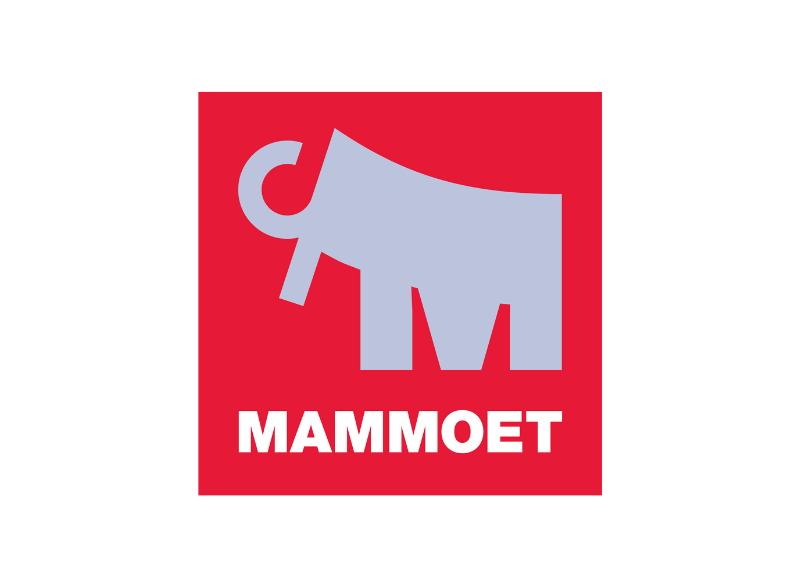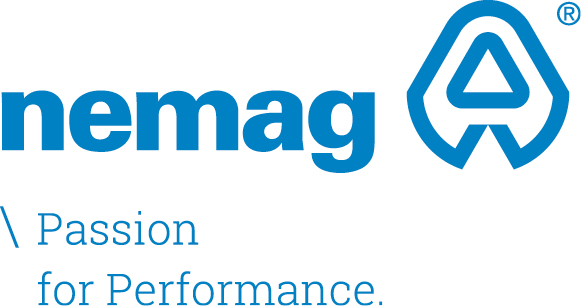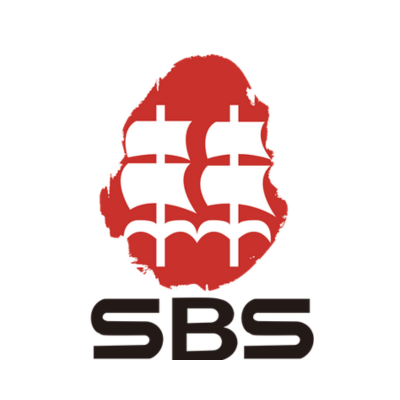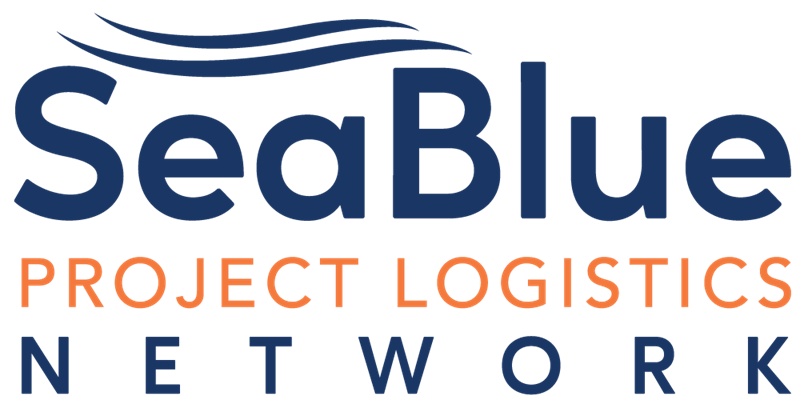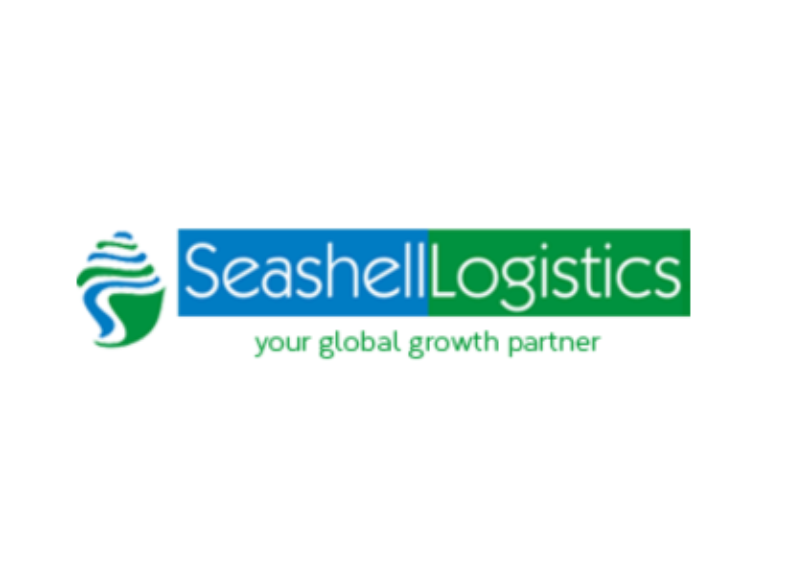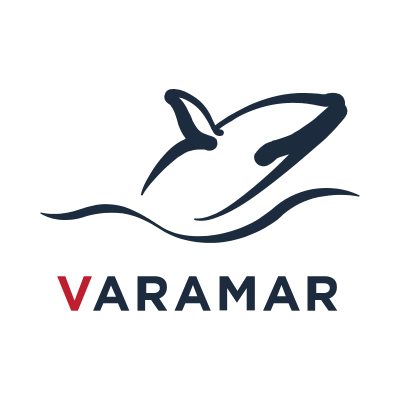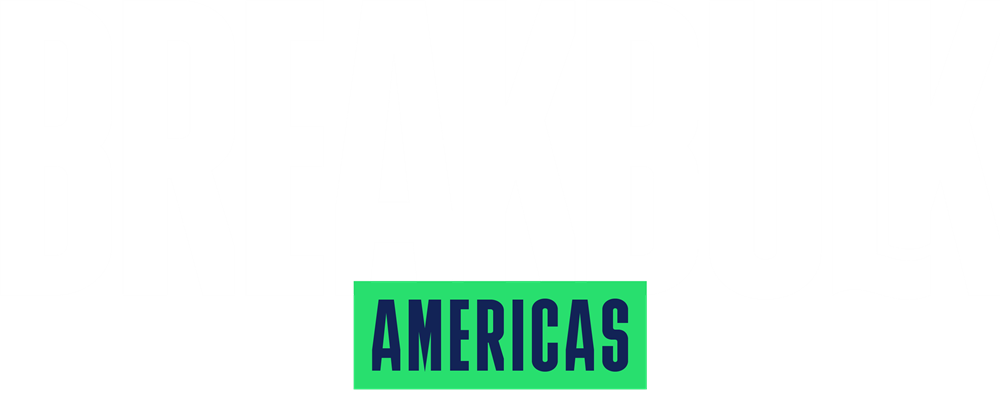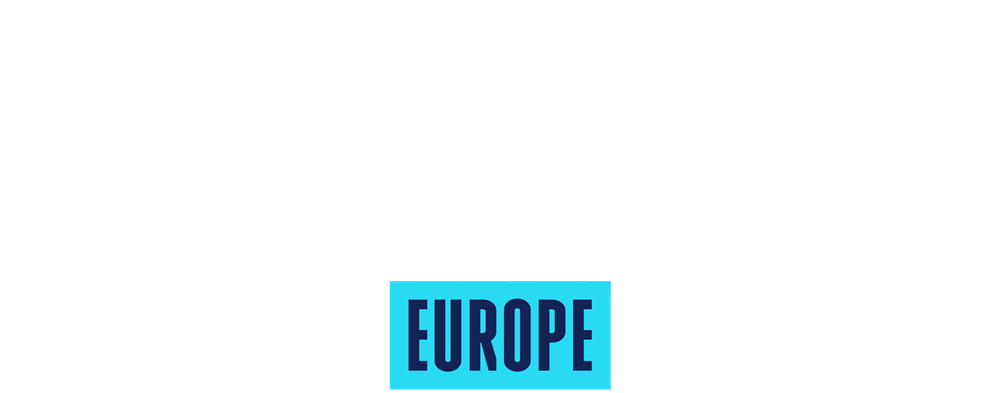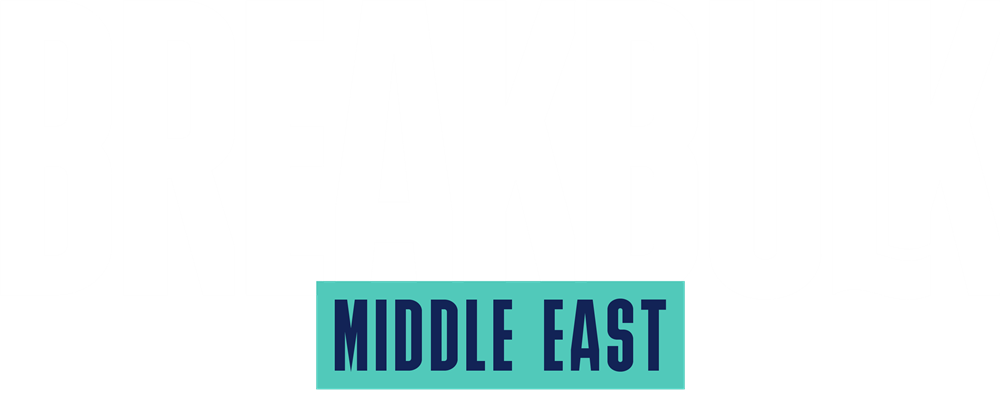Nov 28 | 2024
SEEBURGER on How to Effectively Integrate Your Logistics Partners

Efficient partner onboarding is the backbone of successful logistics operations, particularly in the fast-paced world of breakbulk, 3PLs, freight forwarders and shippers. It’s more than a routine process; onboarding sets the tone for collaboration, impacts operational efficiency and directly influences a company’s ability to meet deadlines and deliver exceptional service.
Yet, onboarding remains a significant challenge for many in the industry, often hindered by manual processes and siloed systems. In a Q&A with Brent Tisdale, VP for new business sales at SEEBURGER, we explore the importance of onboarding, common pitfalls and how modern approaches can transform logistics operations.
Q: What is onboarding, and why is it important?
Onboarding is the process of integrating a new partner, such as a shipper, carrier or third-party logistics provider (3PL), into your business ecosystem. In the logistics industry, this includes aligning operational systems, exchanging critical data and ensuring compliance with legal, contractual and industry standards.
Effective onboarding is vital because it establishes the foundation for a successful partnership. A streamlined onboarding process reduces time-to-productivity, enhances communication and minimizes errors that could disrupt operations. In industries such as breakbulk logistics, where the movement of complex and oversized cargo is highly time-sensitive, efficient onboarding can be the difference between meeting deadlines or facing costly delays.
Q: What is the biggest onboarding challenge for logistics companies, such as breakbulk operators, 3PLs, freight forwarders and shippers?
One of the biggest challenges is overcoming manual and disconnected processes. Many logistics companies still rely on spreadsheets, email attachments and phone calls to onboard partners. This traditional approach creates bottlenecks, such as:
• Delays: Manual methods take weeks or months to complete, leaving new partnerships idle.
• Errors: Manually inputting data increases the risk of inaccuracies, causing setbacks in operations.
• Inconsistent Practices: With no standardized workflows, different team members may handle onboarding differently, leading to confusion and inefficiency.
• Operational Silos: Lack of integration between transportation, warehouse, and order management systems results in fragmented processes, which delay decision-making.
Breakbulk companies in particular face additional complexities, such as unique cargo specifications, varied port requirements and regulatory compliance needs. Without a robust onboarding framework, these challenges can escalate, impacting delivery timelines and customer satisfaction.
Q: Do you have any examples of how a shift in onboarding practices can affect a project?
Absolutely. Take the example of a global freight forwarder specializing in breakbulk cargo. They were onboarding a new partner to manage specialized heavy-lift shipments, but the process relied heavily on manual workflows and unintegrated systems. The onboarding phase stretched over three months, delaying the project launch and causing friction with the customer due to missed deadlines.
Recognizing the inefficiency, the company implemented an automated onboarding solution. This platform standardized processes, introduced a self-service portal for partner data collection and enabled real-time status updates. When onboarding their next partner, the timeline reduced from three months to just three weeks. This improvement not only saved time and labor costs but also strengthened the relationship with the end customer by demonstrating agility and reliability.
Q: SEEBURGER was a first-time exhibitor at Breakbulk Americas 2024. What benefits did your company gain from participating in the event?
Exhibiting at Breakbulk Americas 2024 was an invaluable opportunity for us. As first-time exhibitors, we were able to connect with industry leaders, share insights and showcase how our solutions address some of the most pressing challenges in the logistics sector, particularly around onboarding.
Our biggest gain was the ability to engage directly with a wide range of line of business (LOB) stakeholders, and different types of carriers, from middle-mile carriers and freight forwarders to breakbulk operators and shippers. We learned firsthand about their specific pain points and demonstrated how our integration platform can simplify complex onboarding processes, reduce costs, and improve operational efficiency. We also learned how LOB stakeholders have critical requirements to connect and automate their logistics systems (e.g. TMS, OMS, IMS and Cargo Wise) that can be met by leveraging our comprehensive integration platform.
Additionally, participating in this event reinforced our commitment to innovation and collaboration within the logistics community. The exposure and networking opportunities have already led to several promising partnerships, and we look forward to continuing to contribute to the success of this dynamic industry.
This Q&A highlights the importance of efficient onboarding in the logistics industry and demonstrates how embracing technology can transform operations and strengthen partnerships. With the breakbulk sector facing increasing complexity, now is the time to rethink traditional approaches and invest in solutions that drive resilience and growth.
For more information on this topic, SEEBURGER and Brent Tisdale will host a webinar on December 12, entitled “Beyond Ops: How Smart Partner Onboarding Fuels Strategic Growth in Logistics.” Register here.
PHOTO CREDIT: Crowley
.png?ext=.png)
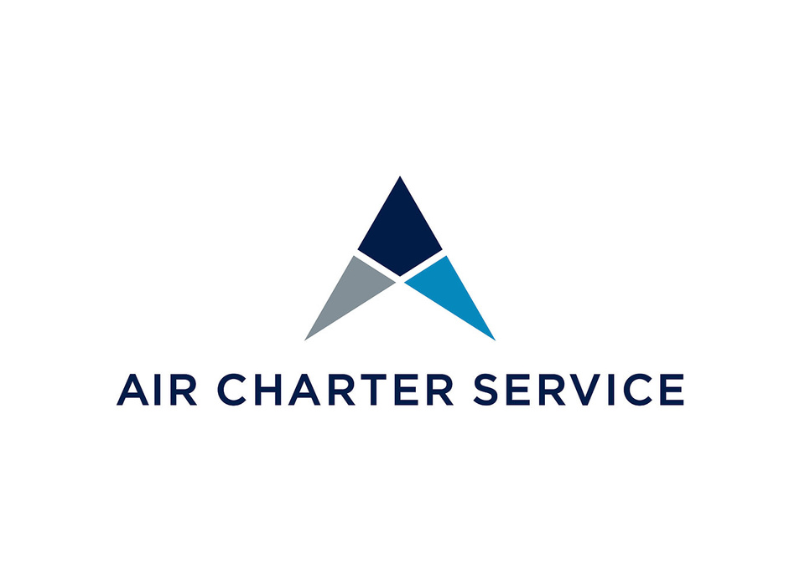
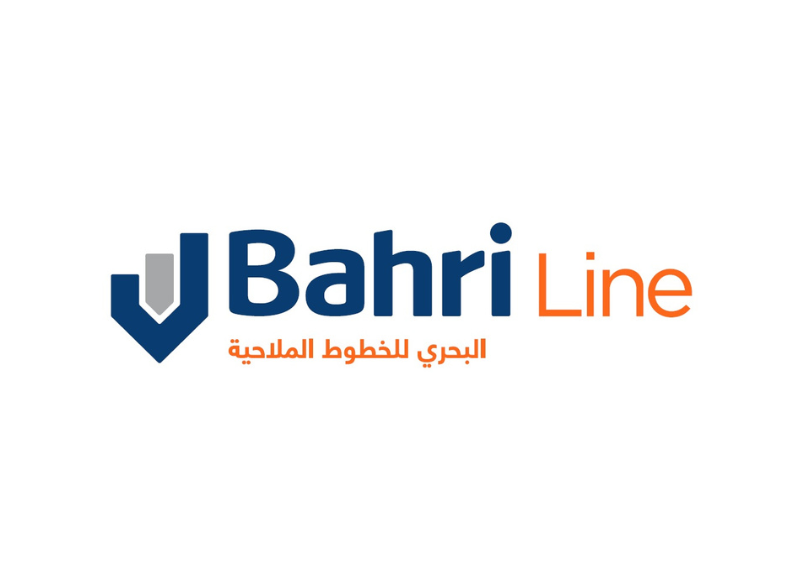
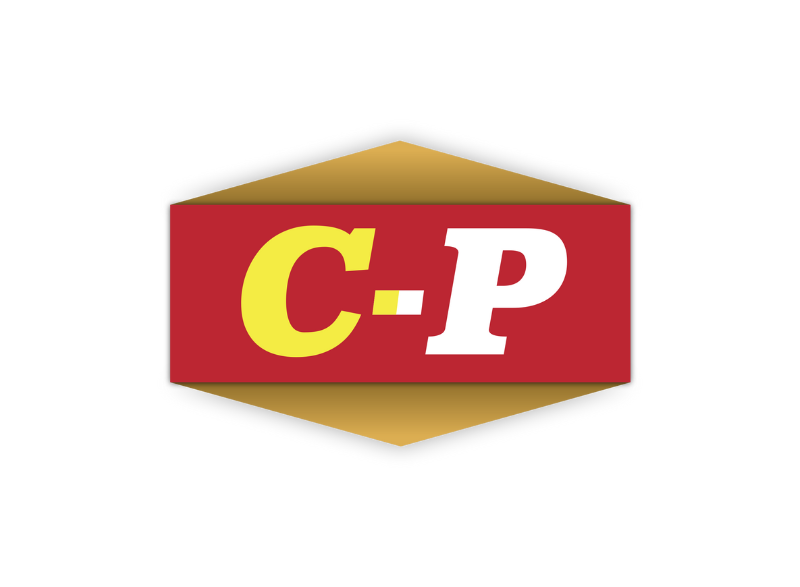
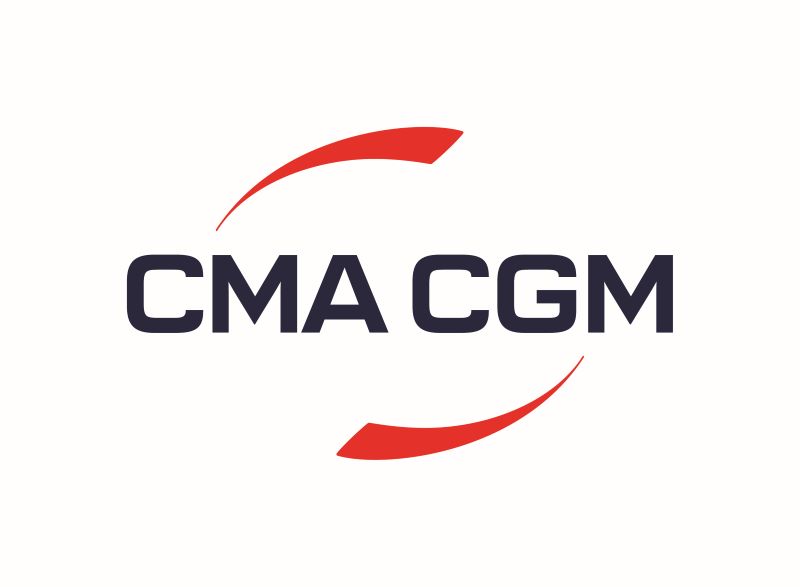

.png?ext=.png)
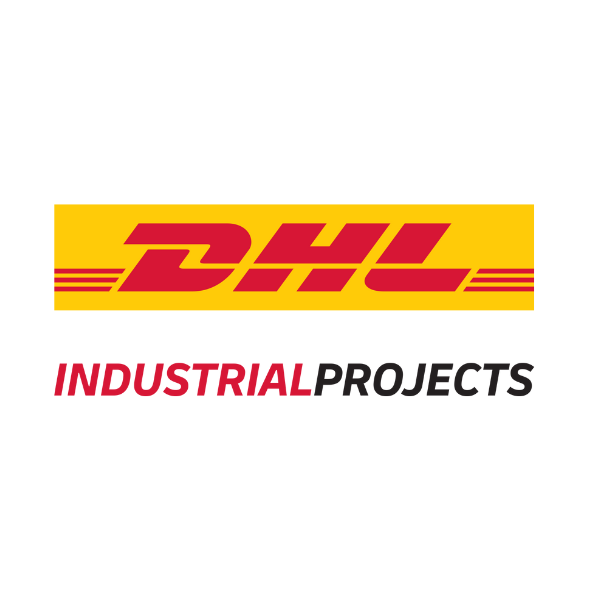
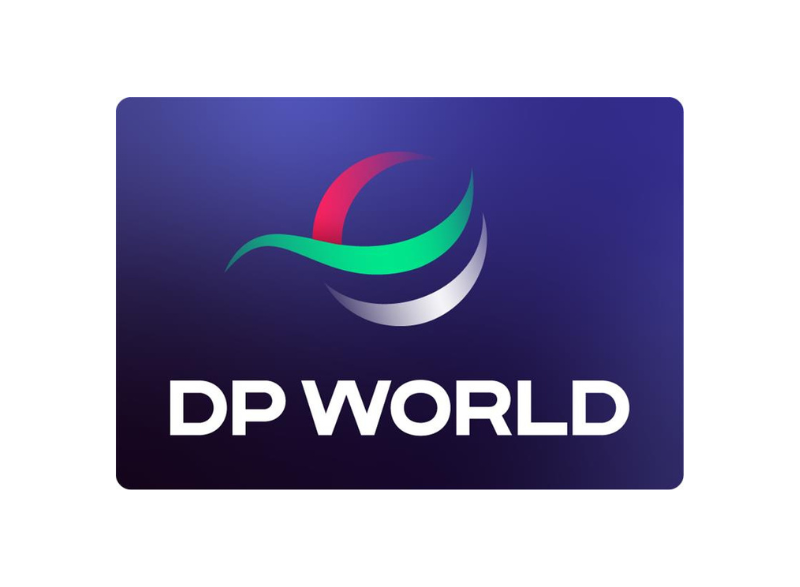
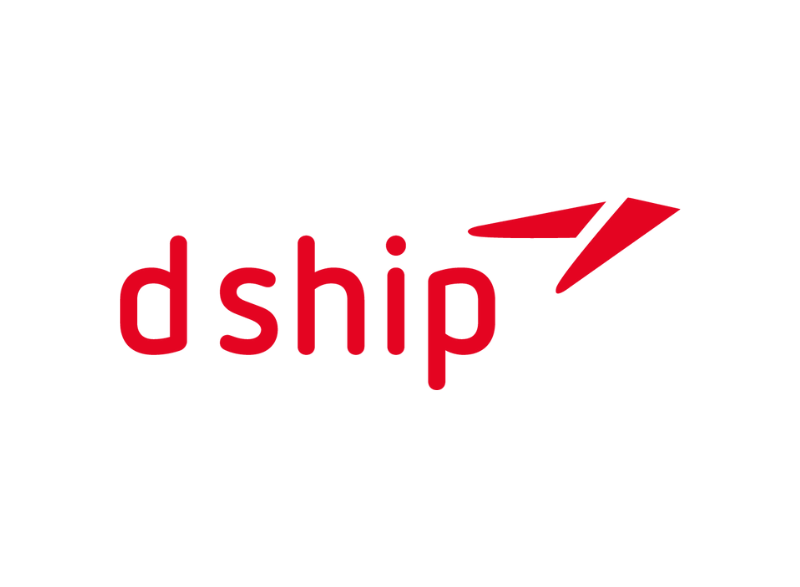
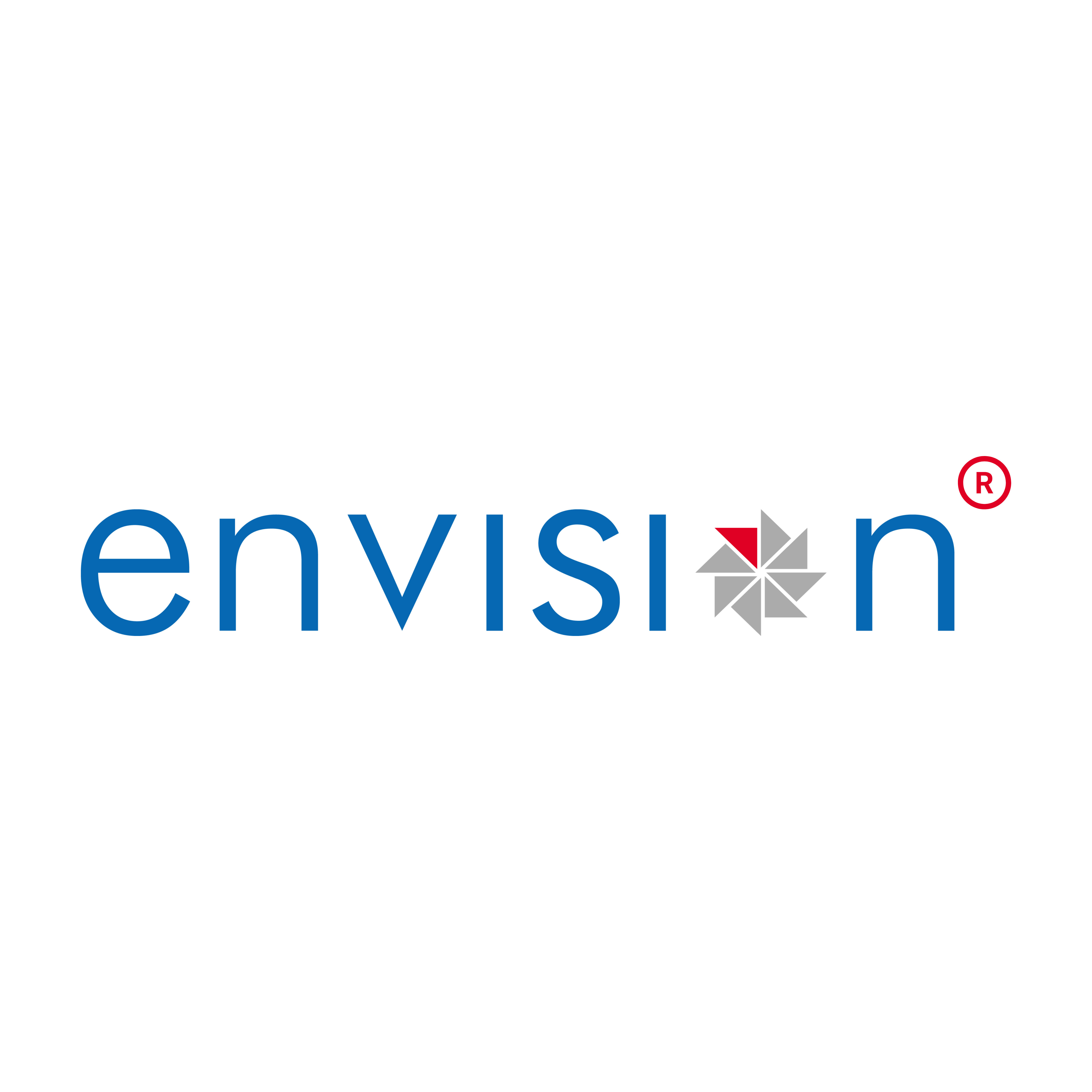
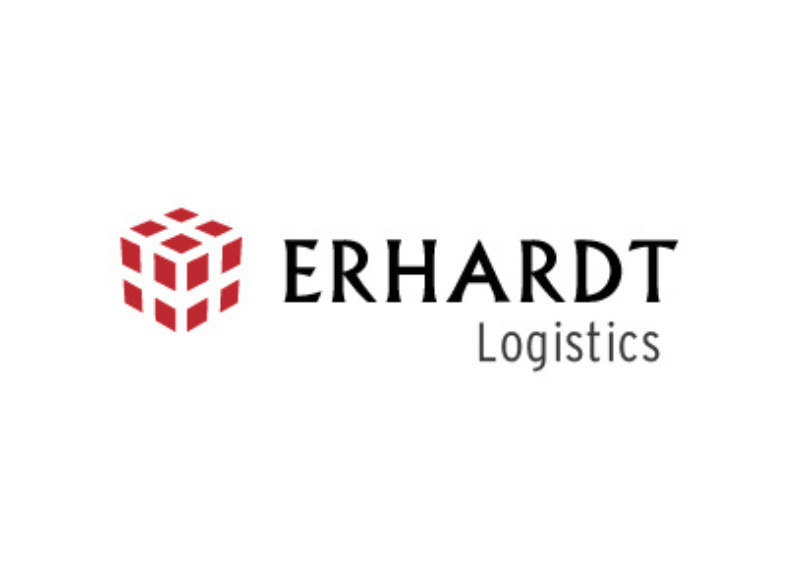
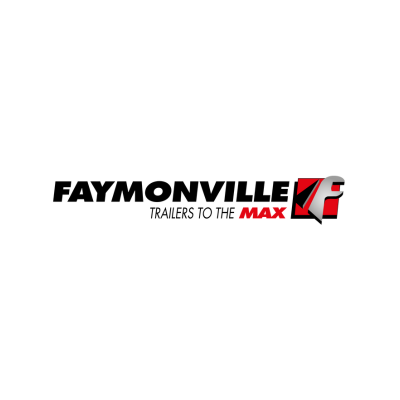
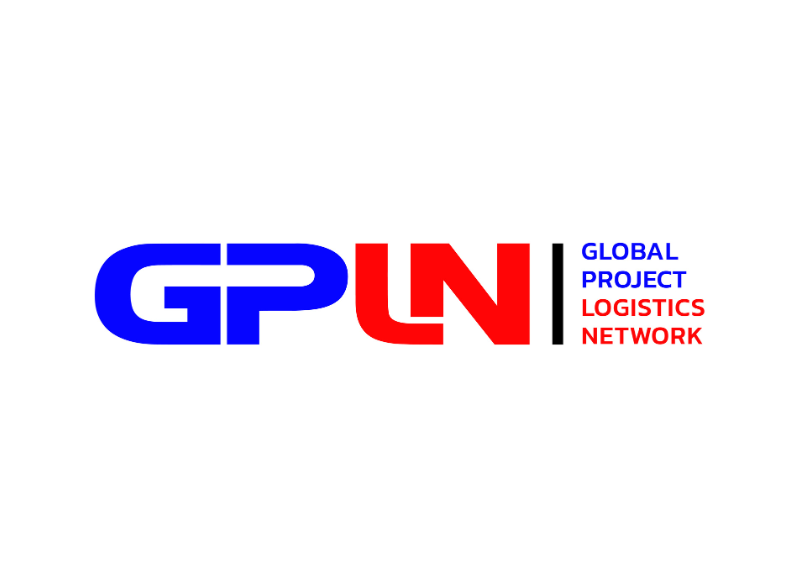

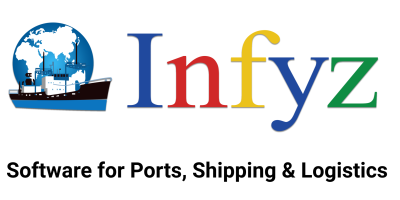
_3.png?ext=.png)
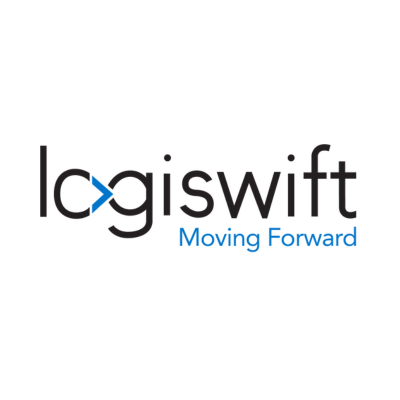
.jpg?ext=.jpg)
